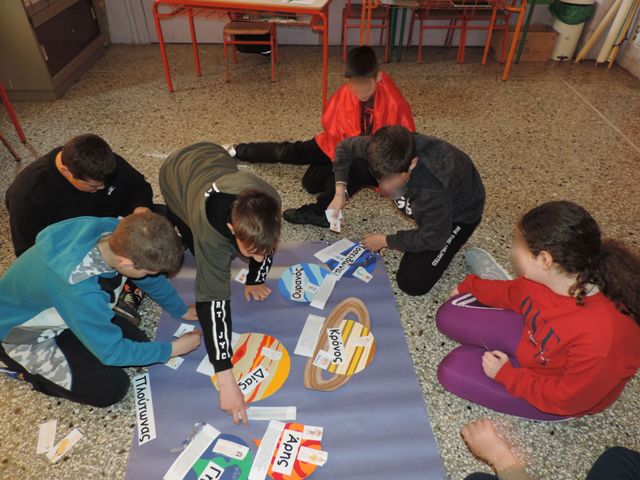
Application Deadline: 4th of April
In the framework of the European project Erasmus+ SEDIN (Creative Methods for Successful Inclusion in Multicultural Schools) we invite you to participate in an online seminar which aims to develop your skills and competencies in relation with the use of elements of the Montessori Method and the Creative Learning method in order to promote social inclusion in the classroom. The seminar is addressed to elementary school teachers and teachers that are working with children from different nationalities. Positions are limited and a strict order of priority will be observed.
The seminar has a total duration of 40 hours. The participation in the seminar is completely for free and there is going to be provided a certification of attendance after a pilot testing of these methods with the children of your classroom. When the registration period will be over, you will receive an e-mail with the credentials (username and password) to access the e-learning platform as well as more instructions for the course.
A few words about the methods
The Montessori method is one of the most known worldwide
educational methods for children of pre-school and early school age. It has developed
initially for children of the most vulnerable groups in Italy. It is based on 5
basic principles: Respect for the Child, Sensitive Periods, the Absorbent Mind,
the Prepared Environment and Self- Education. The aim of the SEDIN training is
not to train Montessori teachers but to show how some basic principles of the
Montessori method can be used in order to promote social inclusion in the
classroom. The organisation that is responsible for the transfer of the
principles of the Montessori Method to the SEDIN project is Waterpark Montessori
International.
The Creative Learning method is a method that is based on the use of
theatre techniques in order to promote learning in the classroom. It was developed
for elementary school children and is based on the principle that the children
learn better when they participate actively in the learning process rather than
when they are passive listeners. The method is helping teachers to transform the
curriculum of every subject to a theatre scenario and implement it with the
children in the classroom. Responsible organisation for the transfer of the
method to the SEDIN project is the Centre
of Higher Education in Theatre Studies.
The project considers that these two methods can support the better inclusion of children from different nationalities in the classroom because they promote critical thinking, cooperation and the use of non-verbal elements.
